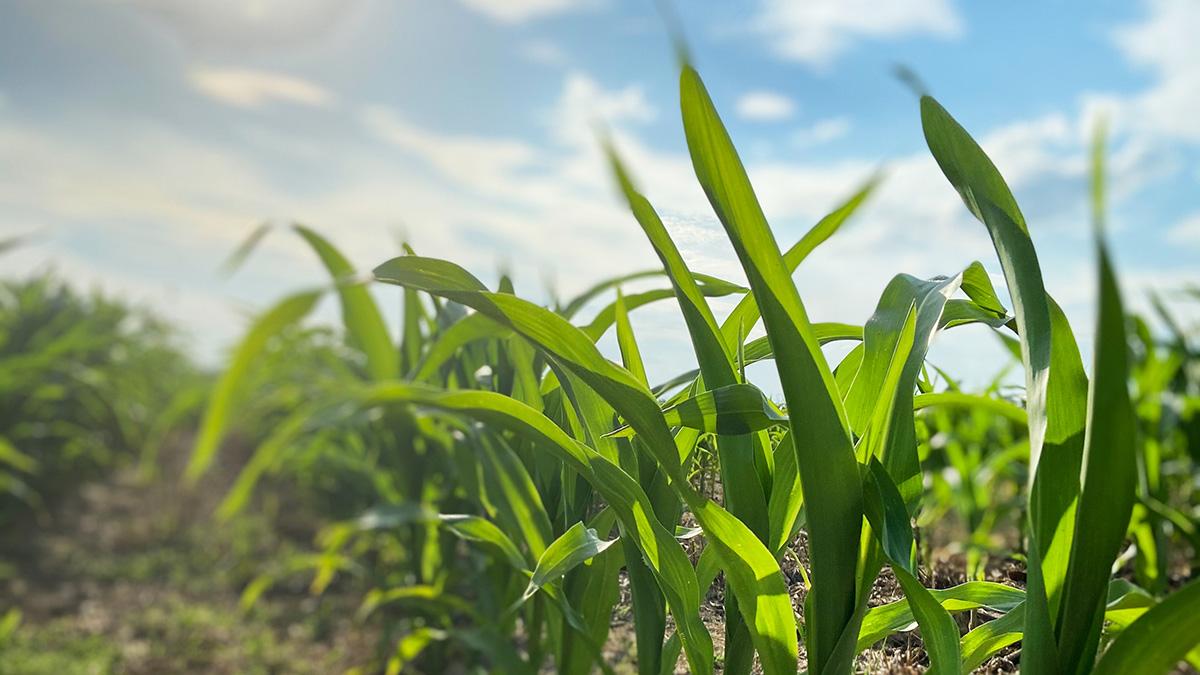Alabama Extension/Flickr (Public Domain)
Crop insurance represents a critically important producer risk management program. Projected prices, a primary factor influencing premium and liability, for both 2022 corn and soybeans have been determined. Projected prices for both commodities reflect the average price of their respective harvest futures contracts during the month of February.
Corn 2022 projected price projected to be $5.90 with a volatility factor of 0.23
Soybean 2022 projected price projected to be $14.33. with a volatility factor of .19
2022 crop-year yield and price risk decision environments focus on current commodity price, yield, production cost and individual farm financial standing. In this environment, we concentrate on looking forward, into the unknown yield and price risk future to manage our financial risk. In a forward-looking risk management plan, we do not concentrate on whether we think something will happen or not, rather, the forward-looking risk management plan focuses on ensuring survival, by eliminating exposure to bad events – before any events are realized, and a positive profit. Crop insurance plays a critical role in eliminating exposure to bad events.
The path commodity prices will follow from now until harvest will be intriguing, possibly leaving the harvest price to end up at a price we rarely see. We want to avoid one area of harvest prices – those that are rare and cause financial harm.
Table 1 identifies the implied price floor and probability of prices being below this value this fall while holding yields constant. For example, at an 85% coverage level, the implied price floor is $5.02 ($5.90*.85). The probability of corn prices falling below $5.02 in the fall is around 25%. Probability of payments decline as coverage level declines as so does premium. There exists around a 6% chance prices this fall end up below $4.13. While a $4.13 price at harvest appears unrealistic right now, the right combination of unknown future events can push prices lower. We must respect that there are events that can cause market prices to decline. Each producer must balance coverage, measured here as price floor, and premiums. Note that your realized price floor will depend upon your actual yield.
| Corn, $5.90 Projected Price | Soybeans, $14.33 Projected Price | |||
|---|---|---|---|---|
| Coverage Level | Floor Price | Probability below at contract expiration | Floor Price | Probability below at contract expiration |
| 85% | $5.02 | 25% | 12.17 | 22% |
| 80% | $4.72 | 17% | 11.46 | 14% |
| 75% | $4.43 | 11% | 10.74 | 8% |
| 70% | $4.13 | 6% | 10.02 | 4% |
For soybeans, at an 85% coverage level, the implied price floor is $12.17 ($14.33*.85), as shown in Table 1. There exists a 22% chance of soybean prices falling below $12.17 this fall.
On March 1, December 2022 corn futures were trading around $6.25, well above the projected price of $5.90. This increase implies you must lose more before price protection (i.e., the price floor) kicks in. Using today’s price of $6.25, your 75% coverage level has turned into a 70.8% coverage level ($4.43/$6.25). Increasing prices after projected prices have been determined to imply more price risk for the producer as the deductible (1-coverage level) has grown. The same story can be told for soybeans. New crop hedging can reduce this risk.
Producers have until March 15 to settle on a crop insurance contract. The year-over-year increases in premiums adds that much more to an already increasing set of production costs. It is the producer’s ability to cover 2022 production costs, if a bad event occurs, that represents the biggest risk. Here, we identified the implied price floor associated with different coverage levels. Readers should keep these prices in mind when evaluating the tradeoff between premiums and financial exposure from the selected coverage level.


